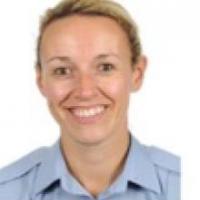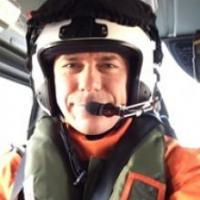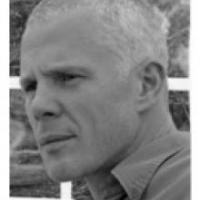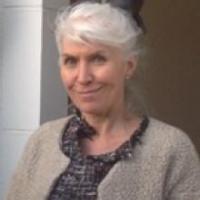From Bastion to Blairgowrie: How the Scottish Trauma Network Can Learn from Military Experience
In recent history, we have seen significant changes in the type of threat faced by our UK military forces overseas.
Severe battlefield injuries from Improvised Explosive Devices were commonplace and presented a challenge for field medics and military medical services that had to develop innovative new ways of working to deal with these often-devastating injuries in austere environments.
These key logistical and medical innovations have been incorporated into the recently developed trauma systems in the UK and will be incorporated into the Scottish Trauma Network.
This session will be split into five sections, delivered by representatives from all three branches of the military, allied health professions, the Scottish Ambulance Service and the Scottish Trauma Network. The session is based around the different facets of the developing trauma network:
- DART – Deployable Aeromedical Response Teams from the RAF explain their role, their missions and how they support disaster relief in operations, such as Operation Ruman, around the world.
- Pre-hospital Care – From transport platforms to tourniquets and triage tools, the Scottish Ambulance Trauma lead presents how military innovations have influenced recent improvements in identification, tasking, treatment, triage and transport of patients suffering major trauma injury and how the relationships facilitated by the Scottish Trauma Network have created innovation and change.
- Acute Care - Emergency Department doctors with experience of delivering acute care in both a military and civilian setting will describe how lessons from military medical services have informed improvements in the way Scottish hospitals are preparing to deliver trauma care.
- Rehabilitation Care - An Improvement Advisor and experienced allied health professional will present information gathered as part of a scoping exercise commissioned by the Scottish Trauma Network on what can be learned from the military model for trauma rehabilitation.
- Mass Casualty and Major Incident Care - The Scottish Ambulance Service will deliver a presentation on how military models have informed the redesign of NHS Scotland’s response to large scale, multi-casualty incidents in civilian settings.

Pauline Howie OBE
Chief Executive, Scottish Ambulance Service

Rebecca Wooley
Squadron Leader DARTS Medical Officer, RAF

Peter Lindle
Consultant Paramedic, Major Trauma, Scottish Ambulance Service

Dr Simon Leigh-Smith
Dr Simon Leigh-Smith Emergency Medicine Consultant, NHS Lothian (ERI)

Claire Tester
AHP Improvement Advisor, Major Trauma, East MTC and Improvement Advisor, Child and Adolescent Mental Health Services, CAMHS, NHS Tayside/Scottish Trauma Network
